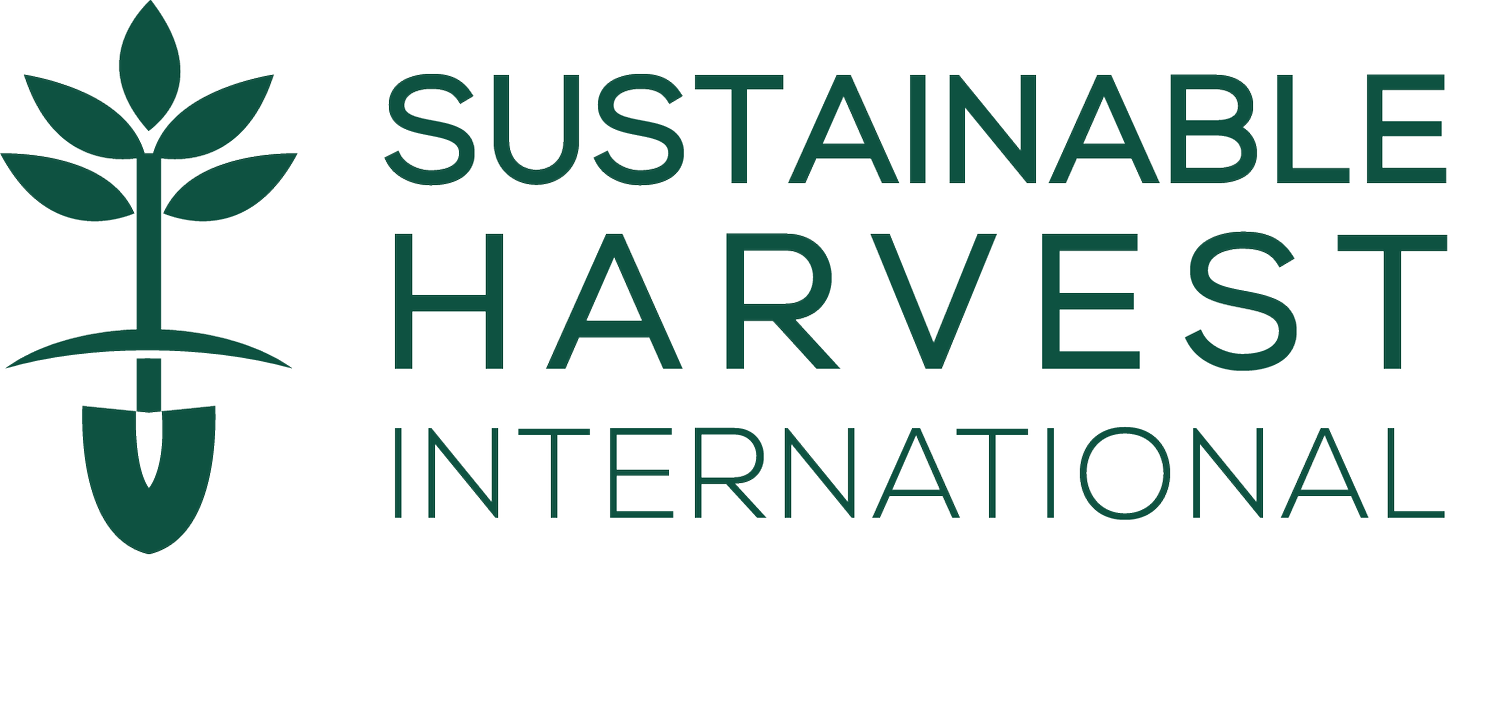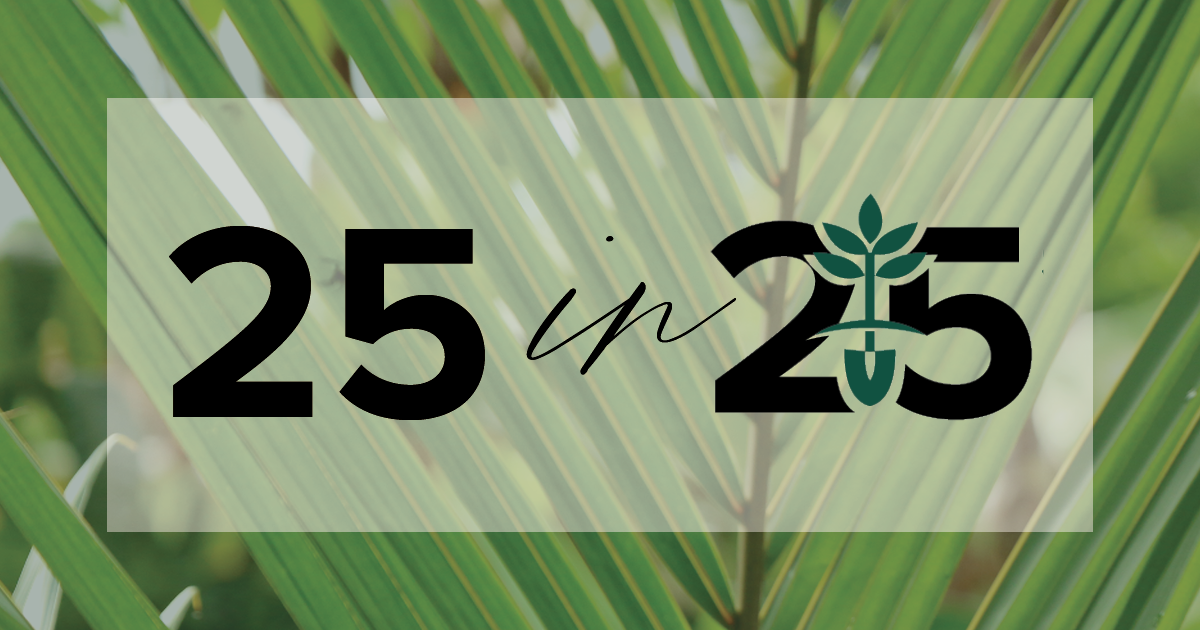Lataurus whitley
peace corps Volunteer
LaTaurus Whitley during her Peace Corps service in Panama.
Sustainable Harvest International (SHI) has a long-standing relationship with the Peace Corps. One might even say that SHI wouldn’t exist today if it weren’t for the formative experience of SHI’s Founder Florence Reed as an agroforestry Peace Corps volunteer during the 1990s in Panama. Over the past 25 years, former Peace Corps volunteers have frequently filled the ranks of SHI’s staff and Board of Directors. In fact, SHI’s Executive Director Elliott Powell and Board Chair Matt Hamada both served as the Peace Corps volunteers in Central America.
SHI is extremely proud of its long-standing relationship with Peace Corps. SHI has partnered with the Peace Corps across its program countries, but no where is the strength of this partnership more apparent than in Panama where Peace Corps Volunteers are often agricultural specialists. SHI-Panama and the Panama Peace Corps program office frequently collaborate on community selection. Working together, SHI and Peace Corps deepen the impact of their programs.
In March 2022, SHI sat down with former Peace Corps Volunteer LaTaurus Whitley to discuss her experience collaborating with SHI during her service in Panama. LaTaurus lived and worked in La Pedregosa, a small community of 230 people 90 miles southwest of Panama City. When she arrived, she quickly noticed that few people in the community ate vegetables on a regular basis. And when she asked whether they’d be interested in growing their own, many simply lamented that vegetables didn’t grow well in La Pedregosa.
“Connecting La Pedregosa with Sustainable Harvest International is what I’m most proud of accomplishing during my Peace Corps service.”
Learn more about LaTaurus’s experience in her own words:
Very early on, LaTaurus kept hearing about SHI’s work promoting sustainable agriculture. Perhaps, LaTaurus thought, with the right techniques and training, community members of La Pedregosa just might be able to restore its soil. Within her first month in Panama, she met an SHI staff member who gave her seeds, encouraging her to experiment. And when she visited the program office in Penonomé not much later, she received an abundance of advice from Country Director Rodrigo Rodríguez, as well as many more seeds. LaTaurus walked away from these encounters with the confidence of having found an ally in SHI. “Trust me, I’m no farmer,” Lataurus says, but she was sure that the SHI team could help guide her.
To LaTaurus’s great delight and the community members’ great surprise, the seeds grew and produced an abundance of food. With all this new produce at the ready, LaTaurus even started a cooking class to encourage families to incorporate more vegetables into their diets.
Through these cooking classes, LaTaurus became more concerned with the health risks of cooking over an open fire. She had heard a lot about SHI’s clean cookstoves and decided to reach out again for their help, this time building a community stove that would reduce smoke and firewood consumption.
“Community members worked together in learning new cooking techniques, so it came together naturally to build stoves to provide ease in cooking. It’s much more efficient than a three-rock method.”
When LaTaurus concluded her Peace Corps service, she could rest easy knowing that SHI-Panama would continue working in the community. She had created a long-lasting connection between community members and the SHI-Panama staff. In fact, La Pedregosa had been selected as an SHI partnering community, meaning that SHI had committed to providing families with five years of direct technical assistance.
Since then, LaTaurus has paid multiple visits to Panama and is always thrilled to see how the SHI program paid off for the community.
“It’s amazing to me to visit and see the results of the work,” she says. In particular, she recalls one family who always insisted that nothing would grow on their land, despite all their efforts over so many years. “Within the year,” LaTaurus says, “it had completely transformed. They were harvesting carrots, cabbage, and cilantro.” Lataurus smiles. “It was amazing.”
Seeing this success solidified LaTaurus’s support of SHI. “I’ll support SHI in any small way I can because I saw how much of a difference this organization makes,” she says.
Lataurus on a recent visit back to the community of La Pedregosa, Panama.
“SHI gave community members education on how to improve their soil, which improved farming techniques so they can sustain their families, and make a couple dollars selling their harvest.”






